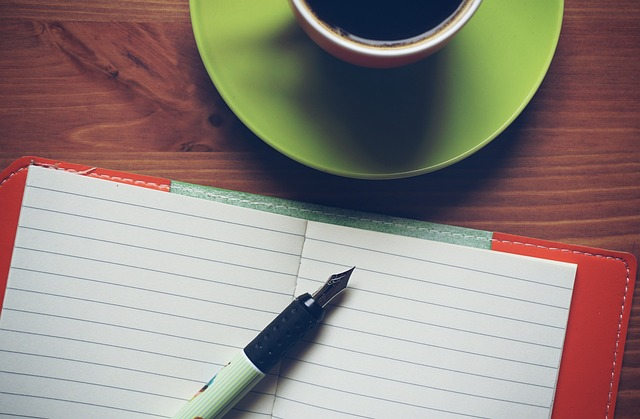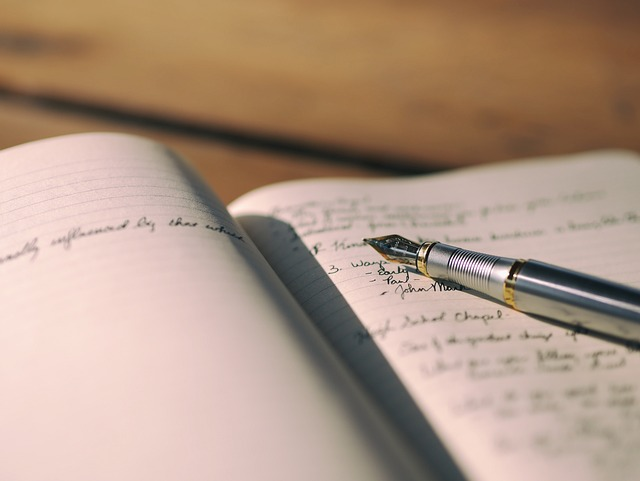I will share 5 tips to help you with the mental game in dice control. Tips relevant to help you throw your best and stay disciplined in your system.
“This shot”. Those two words written boldly on a white notecard refocused my performance on the shooting range after a disappointing result.
I spent my youth putting holes in paper; I was a competitive target shooter with a national ranking. I competed in the Olympic Games in Atlanta for Team USA.
Today, I have a different use for the sports psychology training received at the US Olympic Training Center in Colorado Springs, Colorado. I now throw dice and play golf for fun but still have the same focus and mental discipline.
If you are a golfer, I originally posted these methods to help golfers with their mental approach to the game! These techniques absolutely apply to throwing dice and dice control as well.
Sports Psychology
To be sure, sports psychology gives athletes mental tools to overcome pressure, increase confidence, and control their focus. An elite athlete must practice and perfect both physical and mental skills to effectively compete at the national and world levels.
Recall numerous professional athletes that inexplicably stumble during the biggest moments. The smallest measure of mental pressure can tighten a grip just enough to perform poorly.
Elite athletes work on perfecting their mental resilience because they anticipate the pressure of playoffs and finals. While most of us have more modest goals, we can benefit by incorporating elite athlete mental skills in how we approach dice control.
There are many similarities between the sport of shooting and attempting to control the dice in craps. The reasoning behind the two-word phrase I used to refocus while target shooting applies to any activity where you are performing a repetitive motion. Whether you’re golfing, shooting, playing cornhole, or throwing dice.
“This Shot”
On the craps table, the only roll that matters is the next one. How we approach the next roll is all we can control when playing craps. And this is where mental preparation makes the difference.
Mental Tips to Improve Your Game
Let me tell you what I’ve learned that works, you can apply any (or all) of them to your craps game!
1 – Written Affirmations
What do you want to achieve? Write it down.
Be extremely specific. Write the same affirmation several times in one sitting and come back during the day and write it again.
Before bed, write it again. I would suggest starting at least six months prior to your goal event. This works!

Example affirmation: “I set a new record for the most craps rolls with 160 tosses at the Borgata in July 2023.”
Write your affirmation in the first person every time and say it mentally and out loud as you are writing.
This routine makes commonplace a statement that might seem to be a lofty goal. You slowly accept this statement is possible and even likely. It is familiar. After some time, it may be boring. This is when it’s working!
The trick is when you talk and write about yourself in a certain position, you increase confidence in the physical event manifesting because you’ve prepared for it.
It’s something you’ve seen and said many times. How could it not be possible or true? You know it to be true.
When preparing with positive affirmations, there’s less mental pressure because you’ve been there already. Your head knows it is possible to do very well.
2 – Pre-Shot Routine

Establishing a pre-shot routine should be one of the easier mental skills to master.
What is a good pre-shot routine? The answer is whatever works for you and increases your confidence.
The best physical tips include a consistent approach to setting your posture at the table and how you grab and set the dice. Set them up on the exact same spot on the table each time prior to gripping them for example.
The best mental tips include simple thoughts, positive affirmations and even losing oneself in “the routine” during the shot. Don’t think about the 7! See a hard 8, see your come bet paying!
Keep it simple!
And keep your entire pre-shot routine to a reasonable period of time, it should be no more than 10 seconds.
Practice your pre-shot routine at home, once you get to the casino it should be second-nature.
3 – Meditation

Practice visualization skills. Your brain and body do not know the difference between visualizing throwing perfect dice and physically doing it.
The most difficult part of this technique is truly immersing yourself. You should see the table, and the dealers, smell the smoke, hear the buzz of the slot machines, and feel the dice in your fingers.
This takes dedication and much practice. Practice with perfection as the goal. You should be performing perfectly in your minds-eye. Your technique and results are perfect.
When to Practice
When should you practice visualization? While you are learning these techniques, you should practice at least daily for a minimum of 10-15 minutes.
You might be interested in this article on Dice control techniques.
Practice in a quiet environment conducive to concentration. Maintaining your focus during mental exercises will be difficult at first so keep distractions to a minimum.
I like to sit eyes-closed in a comfortable chair with soundproof headphones. Others prefer music or nature sounds during their practice. Experiment and find what environment allows you to focus on your mental game.
Take a break and try later if you find a particular session ineffective. As you become more adept at visualization, you can stay in the practice longer and make the session more elaborate.
Tailor your scenario and your experience to the actual casino and table you will be playing. Make your mental practice real and relevant.
Applying Your Mental Game
Now that you have some experience in visualization in your controlled environment, feel free to apply the mental technique at the tables.
Adaptions will have to be made as time will be limited to enter your visualization and then actually throw the dice. I liken it to a fast-forwarded version of my at-home visualization scenario.
Not to be confused with hurrying or rushing my shot, but I see my visualization scenario move quickly and fluidly. I don’t close my eyes while playing; I mentally zone out for a few seconds and complete the visualization for every shot.
Again, successful real-time visualization (our end goal) will take time to achieve.
Practice at home and give it time! Start with simple scenarios like arriving and throwing a perfect first roll. You can and will grow your visualizations as you improve.
Elite athletes might visualize an entire event multiple times. Starting with an achievable goal will keep you engaged and interested in your mental game practice.
Mastering Your Mental Game
Now that you are prepared to tackle visualization, another piece to mastering this skill is knowing what throwing perfect dice feels like. If you struggle with a particular part of your toss, concentrate on seeing yourself performing it with perfect form.
Close your eyes. Feel the dice in your fingertips. Scan your body to identify the muscles working. Slow down the process. Feel every muscle engage as you take your backswing to the perfect height and angle. It’s effortless.
Transition slowly into your forward motion. Again, feeling every muscle lending its power to the next until the dice leave your hand. The momentum of follow through is natural and complete.
You get the idea! Use visualization for different positions on the table, hitting different landing zones, and playing through different scenarios (lots of chips on the table for example).
4 – Mental Scorecard

A scorecard is a mechanism to maintain a process-oriented approach to the game. For example, you might track each number tossed, hardways hit, box numbers hit, and whether you maintained a positive attitude on that particular session.
You can keep track of whatever is helpful to you! Writing it down after your session is ideal, even if you are just keeping a note in your phone.
Whatever information you find helpful, but it needs to be consistent!
For those with more time, a diary may be a better choice. I like to see what notes I have taken about the table conditions, players at the table and even what outfit I chose.
Why? There might be an advantage to tracking this information. I might find that I play better on Tuesdays or in pants vs a skirt.
At a minimum, I’ve recorded important information about my session and force myself to evaluate it. Then I move on because only the next shot is important.
5 – Positive Self-Talk
How do you talk to yourself after a bad toss? Improve your mental resilience and focus on positive self-talk on and off the tables.
Controlling dice is extremely hard, and you only have the ability to influence how they are delivered to the back wall. When you have a bad result, let yourself off the hook. Beating yourself up will only diminish your confidence and will likely impact your next session.
While improving your mental game is certainly not a guarantee of becoming an elite dice controller, I promise you will feel better about your bad shots and leave the table armed with information for the next session by following my mental tips.
Final Thoughts
Keep your attitude crazy positive; every shot envisioned as an opportunity to improve. “This shot”. It is truly all that matters and all we can affect.
Practice perfectly to get maximum results!
Good luck on the tables!

